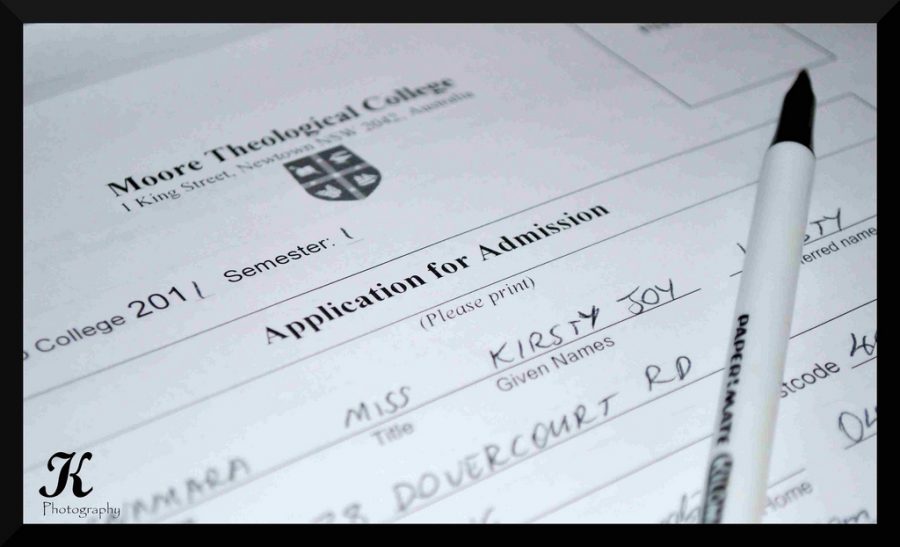By: Izzy Blansfield ’18
The stressful season for the many Staples seniors, who undertake the benefits of the early decision and early acceptance applications, commences as December proceeds.
According to the college board, the early application process starts around November and the decisions come out in December.
Other than the advantage of receiving one’s results early, applying early decision (ED) separates from early admission (EA), through several differences.
ED applicants are only able to apply ED to one school, while EA applicants can apply EA to as many other schools that offer it.
Additionally, if an ED applicant is accepted to the school they applied to, they then become officially bonded to the school, meaning they must attend the school and withdraw all other applications. Also, they must send a nonrefundable deposit to the school of their acceptance.
EA schools do not experience any of this. No matter what, EA applicants are not bonded to a school since they are able to decline the school’s acceptance and consider all other schools as alternative options.
Both application options provide several benefits, in fact, The Washington Post addresses the advantages of applying early to college, as they refer to the process as a “strategy”.
Additionally The Post explores the benefits of applying ED, making the point that it “can double or even triple your chances at admission”.
Olivia Weber ’17, a Staples senior who will attend Tulane University next year acknowledged this when she applied, “I applied ED because I knew that it was easier to get in and because my grade and ACT scores were lower than average, so I thought applying ED would help fill the gap” Weber ’17 said.
Duke University’s admissions board addresses some of the myths regarding the ED applications process, and explains that while many may think that applying ED is more competitive than applying regularly, in fact it is taken into consideration and “appreciated that we are your unquestioned first choice”, and that “there are students whom applying early decision can make all the difference.”
Ziggy Hallgarten ’17, a Staples senior who will attend Cornell University next year, considered such competition as part of his decision to apply ED, “I applied to the Hotel school which only takes about 200 kids, so everyone accepted normally goes ED,” Hallgarten ’17 said.
Additionally, being able to find out the application results early, is another compelling factor for students regarding the ED and EA application process.
“I applied EA to all the schools that offered it because it meant that I would be able to hear back earlier,” Sarah Zurmuehle ’17 said. “The biggest benefit for me was that by December 15th I would have heard back from enough schools before the stress of midterms.”
According to Kathryn Knight Randolph, a writer for FastWeb.com, applying early is “now a preferred deadline for many applicants as it is now offered at about 450 colleges and universities.”
Applying ED and EA differ in their benefits and specifically, the stress level associated with them. “The ED decision is more stressful for sure but now that I am in it’s all worth it,” Hallgarten ’17 said.
Ultimately Princeton admission boards advises that “if you’re sure that you’ve found your best-fit school, you know it’s the one you want to attend, you’re a strong candidate for admission, and you know that you can afford the tuition, go ahead and apply early decision,” but acknowledges the alternative for those that may not apply to “keep your options open by applying early action, or by the regular deadline.”













































